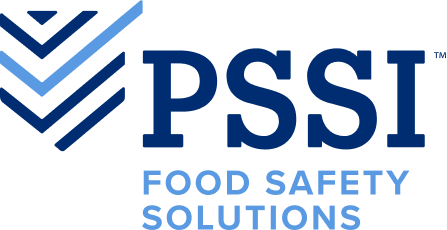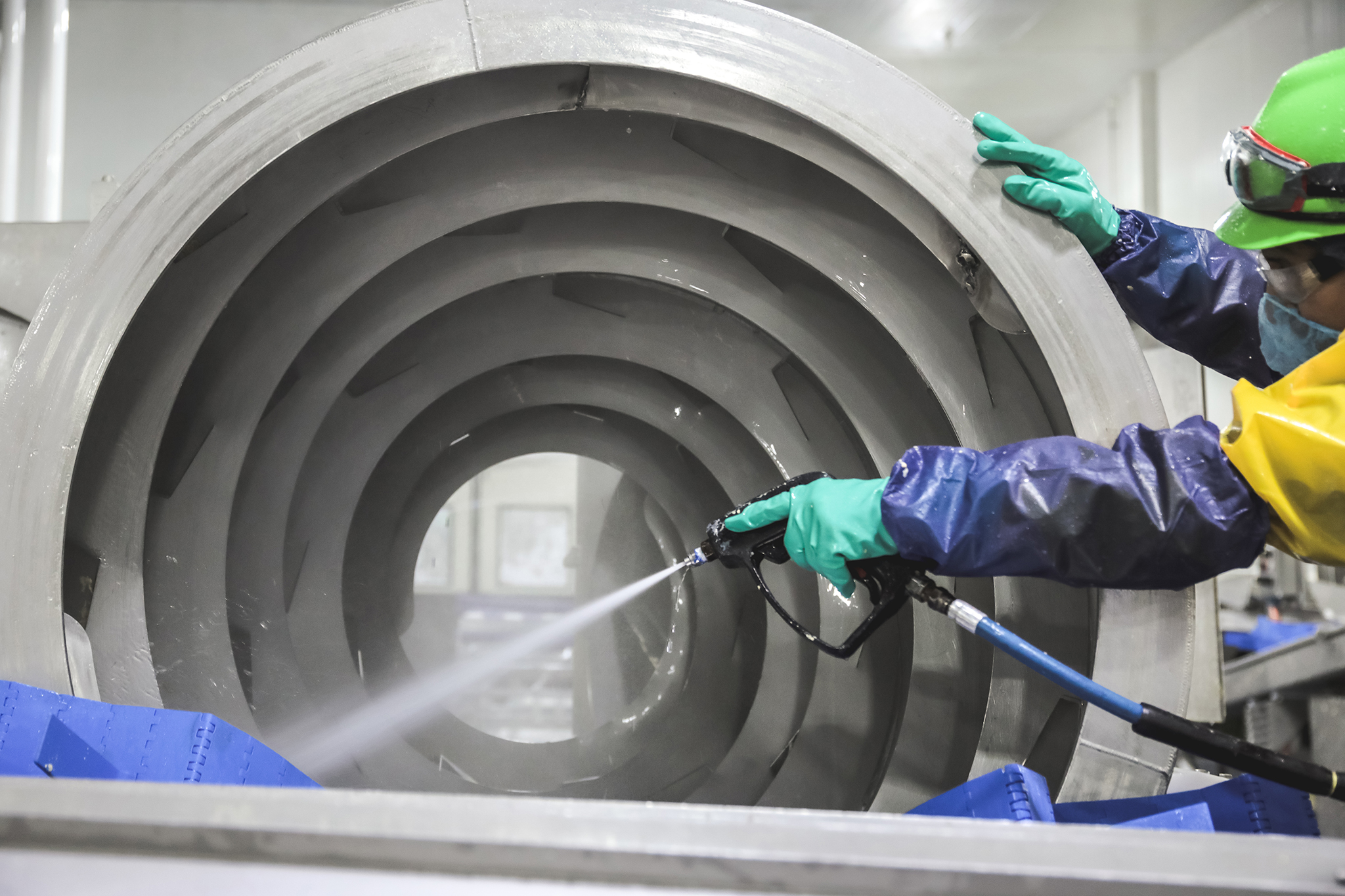Water Conservation Plays Vital Role in Strategic Sanitation Process
Water is one of, if not the most, important element to an effective sanitation process inside food processing facilities. Large production areas require a lot of high-pressure water in order to clean effectively. However, overuse can become very costly if not managed appropriately. It is also irresponsible from an environmental perspective.
Many processing plants set forth guidelines on water usage, but struggle to meet them consistently. Cleaning and sanitation crews play a critical role in this, which is why it is important to ensure those teams are aligned with the broader goals of your plant.
At PSSI, we understand the value water conservation plays in bottom line cost savings, but also the role it plays in corporate responsibility and environmental initiatives. Above and beyond our strategic sanitation and food safety solutions, we provide a dedicated Continuous Improvement team as a value-added service to oversee this type of higher-level strategic initiatives. The team works closely with our own sanitation teams, our partners and external providers to find ways to consistently enhance our service and value for our partners. The goal being to decrease waste, reduce the sanitation window, enhance food safety and protect employee safety.
This process starts with a cross functional team coming together to observe the sanitation process at individual plant locations to develop custom action plans to meet defined KPIs. Specifically related to water conservation, the team looks at the equipment including hoses and nozzles for possible leaks or clogging issues as well ergonomic design and configuration.
Often times, unnecessary overuse can be significantly lowered with slight adjustments like trigger nozzles that shut off when not in use. This solution alone has been reported to save 10 percent or more in daily water consumption across many plants PSSI supports. Other times, new engineering solutions may be needed to help solve more complex issues. This includes problematic areas like belt sprayers that can get clogged easily.
These solutions not only impact direct savings related to water consumption, but also in-direct savings related to safety. The whip effect from high-pressure nozzles or spray bars have a high injury rate, which can be virtually eliminated with the right kind of auto-release nozzle.
As part of its broader innovative initiatives, PSSI’s Continuous Improvement team is currently working behind the scenes on developing its own proprietary auto-release water nozzle designed specifically for large-scale sanitation in food processing facilities. The design will error proof the process and eliminate the opportunity for impact safety issues to occur. It is also designed to reduce ergonomic issues that create repetitive motion injuries over time.
“There really hasn’t ever been a nozzle designed specifically for the work we do,” said Ronnie Raper, Senior Director for Continuous Improvement at PSSI. “This new design will not only be a game changer in terms of better performance and saving our partners money on water consumption, but more importantly the custom design will prevent injuries as well.”
The plan is to begin rolling out the new water nozzle solution broadly later this year.
The team is also working with an engineering firm on a new flow meter to monitor water temperature and pressure, which play a vital role in the sanitation process.
Innovation is a critical piece for any business to stay ahead, but especially in the business of sanitation and food safety to protect our products and our people. As the demands continue to grow, it is more important than ever to have a partner that you can rely on and regularly communicate with to meet your budget and achieve your goals.

